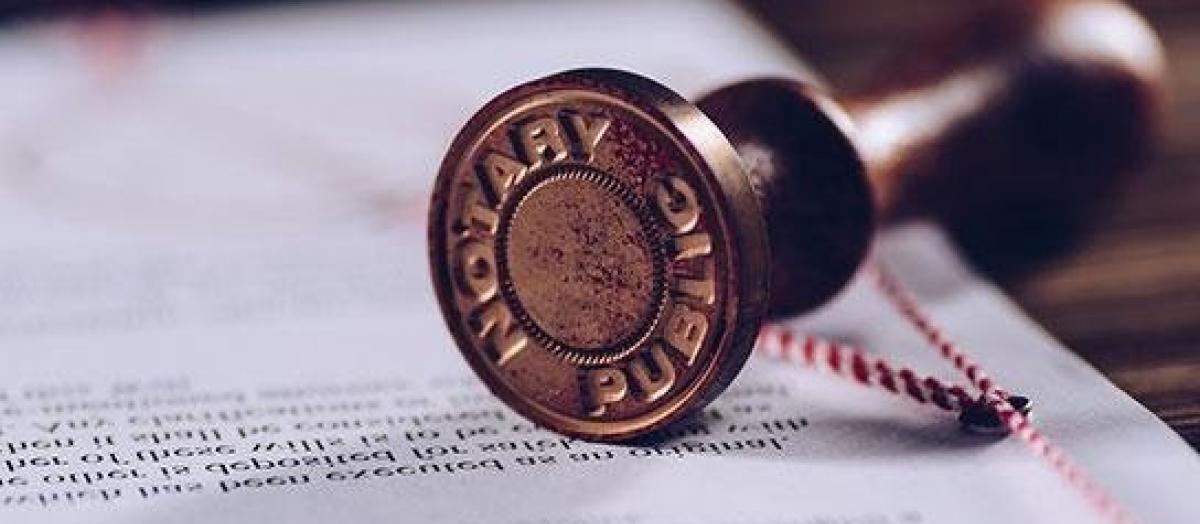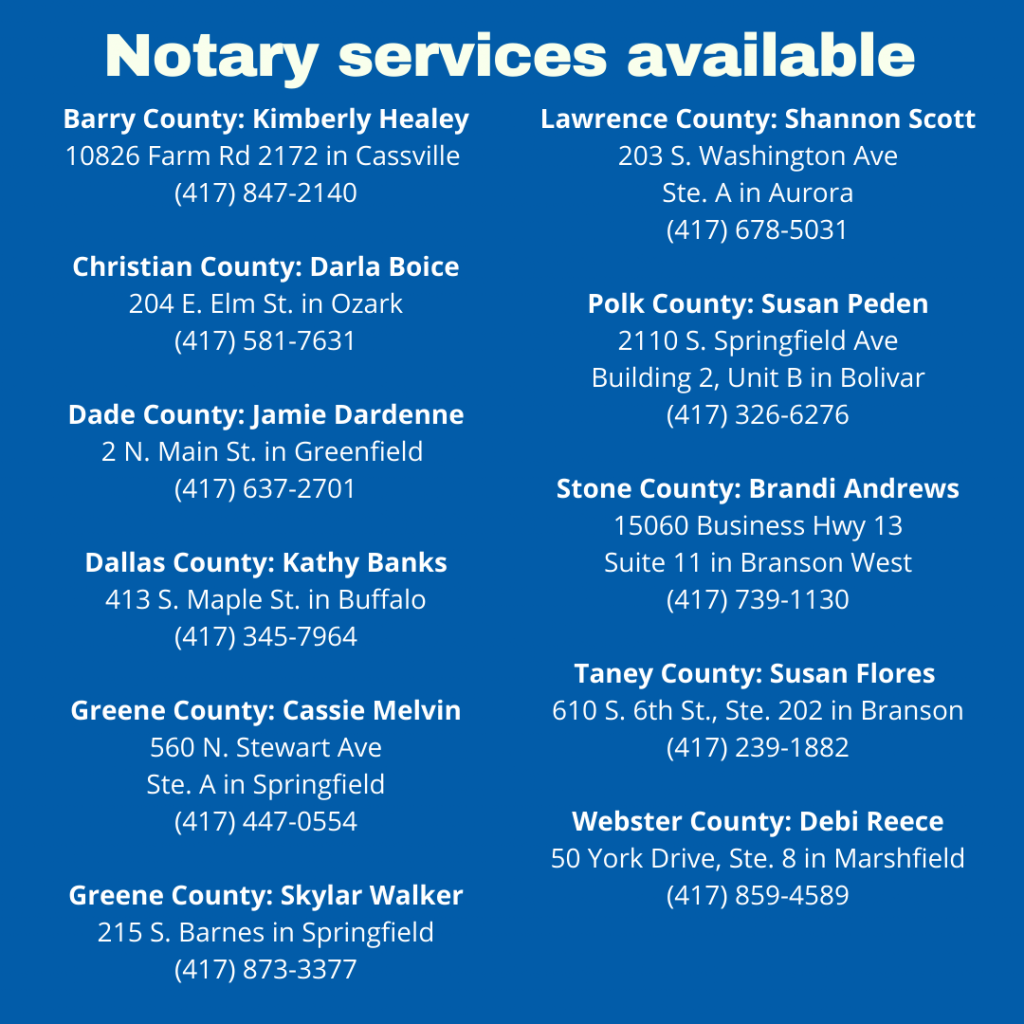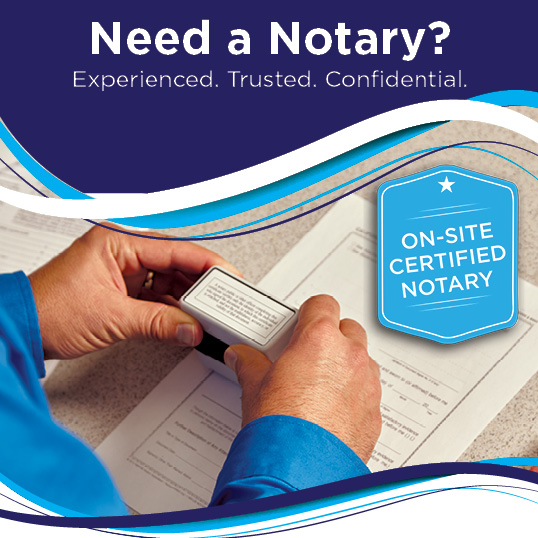DIRCO Rules Demystified: A Guide to Diplomatic Method
DIRCO Rules Demystified: A Guide to Diplomatic Method
Blog Article
Demystifying Notarial Work: Streamlining the Role and Relevance of Notaries
Their role, typically shrouded in secret for several, carries substantial weight in guaranteeing the validity and integrity of important files. By deciphering the complexities losing and bordering notarial techniques light on the relevance of their acts, a more clear understanding emerges of the essential duty notaries play in promoting the material of legal and legal arrangements.
The History of Notarial Work
The background of notarial work days back to ancient civilizations, where scribes played an essential duty in tape-recording vital information and validating files. This led to the development of notaries, individuals designated by the state to act as impartial witnesses in legal issues.
Throughout the Middle Ages, notaries got prominence in Europe, with their functions broadening to include preparing lawful records, licensing trademarks, and preserving records. The increase of global profession better highlighted the relevance of notarial operate in confirming agreements and arrangements throughout borders.
In the contemporary period, notaries remain to play an important function in legal and organization deals by validating identifications, validating the credibility of documents, and avoiding scams. Their duty in accrediting the credibility of arrangements includes a layer of safety and security and depend the ever-evolving landscape of commerce and law.

Obligations and Obligations of Notaries
Notaries play an important duty in verifying the authenticity of files and the identity of signatures. One of their main obligations is to witness the finalizing of important documents, such as wills, agreements, and actions, to make sure that all parties are getting in right into arrangements intentionally and voluntarily.
They license duplicates of original files, offering assurance to organizations that the copies are true reproductions of the originals. In general, the responsibilities and obligations of notaries are essential in safeguarding the integrity and legitimacy of various files and transactions - Notary.
Notarial Certificates and Signatures
Exhibiting thorough interest to detail, notarial certifications and trademarks work as necessary elements in confirming the credibility of lawful papers. Notarial certificates normally consist of vital info such as the date of registration, the names of the notaries, a description of the record, and the notary's official seal. These certificates give a clear record of the notarial act, making sure that the record can be conveniently determined and traced back to the notary that oversaw Go Here the process.
Trademarks play a pivotal role in notarial job, as they symbolize the contract and authorization of the events included. Notaries thoroughly witness the finalizing of papers to confirm the identity of the signatures and verify that they are authorizing of their very own free will. By fastening their main seal and signature to the document, notaries accredit that the essential treatments have been adhered to and that the paper is legitimate and enforceable.
Fundamentally, notarial certificates and signatures are the hallmark of credibility in legal deals, giving guarantee to all celebrations entailed that the documents are genuine and binding.
Value of Notarial Acts

Notarization Process Discussed
The registration procedure normally starts with the private providing the file to a notary public. Once the identity is verified, the notary makes sure that the individual authorizing the paper does so voluntarily and without any type of coercion.

Verdict

Notarial certificates generally consist of important details such as the day of notarization, the names of the notaries, a summary of the document, and the notary's official seal. These certificates offer a clear record of the notarial act, making certain that the document can be quickly identified and mapped back to the notary that supervised the process.
By affixing their official seal and signature to the paper, notaries license that the needed treatments have been followed and that the document is valid and enforceable.
By confirming the identification of the notaries, verifying their willingness to enter into the contract, and certifying the date and place of the finalizing, notaries play an essential role in supporting the credibility of lawful records.After the paper is authorized, the notary will attach their main seal or stamp onto the paper.
Report this page